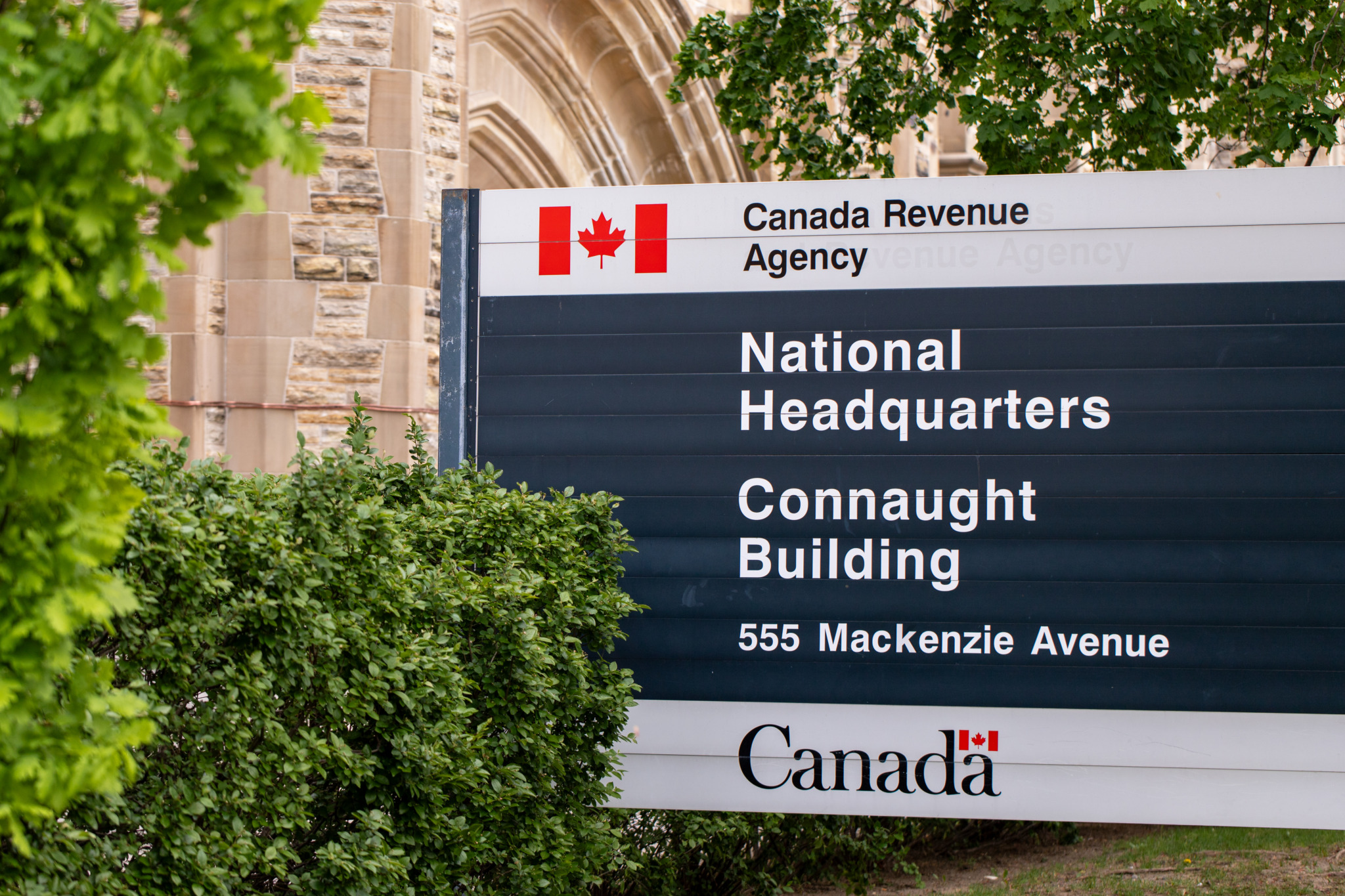The Canada Revenue Agency (CRA) and the Labor Program at Employment and Social Development Canada (ESDC) have signed an Information Sharing Arrangement (ISA) to facilitate inspections and enforcement in the federally regulated road transportation sector.
The initiative, part of the 2024 federal budget, allows the CRA to receive relevant information from the Labor Program to support its existing compliance activities, the government said in an announcement, adding that the agreement is the first step toward a broader data-sharing framework to enhance enforcement efforts across both agencies.

“Both the CRA and the Labor Program recognize the importance of addressing worker misclassification, wage theft, and non-compliance with tax laws respectively,” said Elisabeth Briere, minister of national revenue, and Steven MacKinnon, minister of employment, workforce development and labor, in a joint statement on March 7. “We will fight against unfair labor practices to help workers receive the protections they are entitled to under the Canada Labor Code, and we will enforce compliance with tax obligations under the Income Tax Act…This ISA between the CRA and the Labor Program marks a significant step forward in maintaining a fair and equitable trucking industry that provides dignity to workers,” the ministers said.
Canadian Trucking Alliance president Stephen Laskowski supported this step towards eradicating the ‘rampant non-compliance’ in the trucking industry.
“The number one thing governments can do to help the trucking industry become competitive and more productive is to bring vigorous and widespread enforcement to labor and tax laws on the underground economy – everything else is a distant second,” he said. “[This] announcement could be a very big piece of the enforcement puzzle towards creating that much-needed relief for an embattled trucking sector.”
Laskowski also added that data sharing between CRA and the Labor Program would help target non-compliant trucking companies that owe “millions, or likely billions, in unpaid taxes.”
“This is much-needed revenue that should be going towards critical infrastructure and social programs for Canadians, including healthcare,” he said. “At the same time, meaningful enforcement will provide some relief to responsible, compliant trucking companies who pay their fair share and who are desperately trying to stay in business.”












